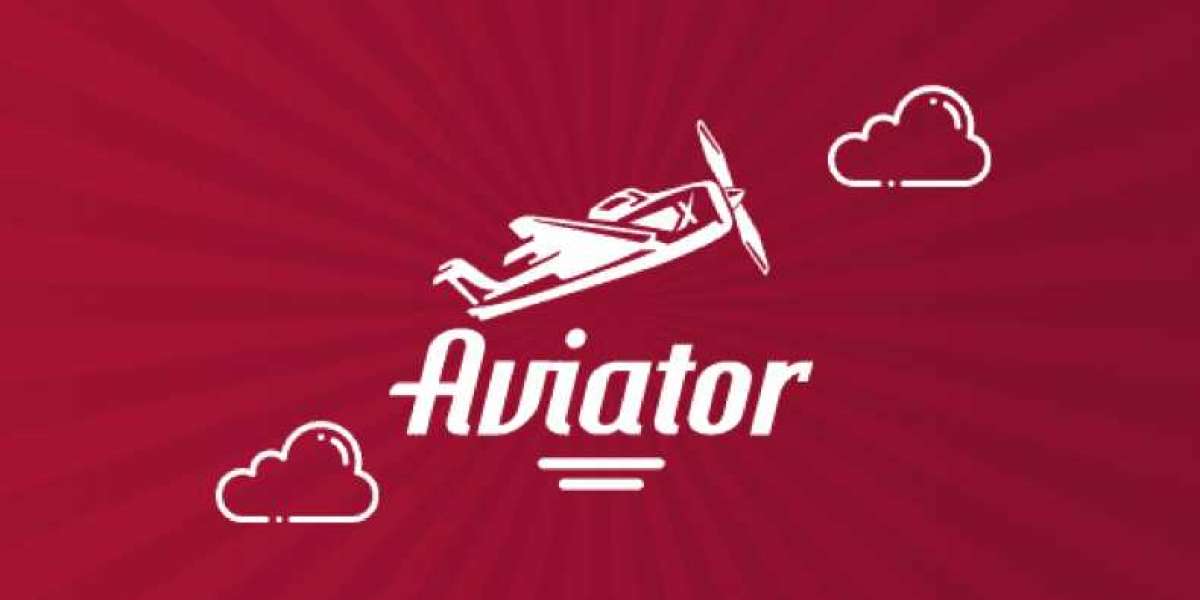Market Segmentation
The computing power market can be segmented based on technology, application, end-user industry, and geography.
Download report sample Copy with TOC - computing power market
By Technology
- Central Processing Units (CPUs)
- Overview: CPUs are the primary components in computing systems that execute instructions and manage tasks. They are crucial for general-purpose computing.
- Examples: Multi-core processors, high-performance CPUs, server processors.
- Graphics Processing Units (GPUs)
- Overview: GPUs are specialized processors designed to handle parallel tasks, making them ideal for rendering graphics, AI computations, and deep learning.
- Examples: NVIDIA GeForce, AMD Radeon, data center GPUs.
- Field-Programmable Gate Arrays (FPGAs)
- Overview: FPGAs are reconfigurable integrated circuits used to perform specific computations more efficiently than general-purpose processors.
- Examples: Xilinx FPGAs, Intel FPGA solutions.
- Application-Specific Integrated Circuits (ASICs)
- Overview: ASICs are custom-designed chips tailored for specific applications, offering high performance and efficiency for targeted tasks.
- Examples: Bitcoin mining ASICs, AI-specific ASICs.
- Quantum Computers
- Overview: Quantum computers use quantum bits (qubits) to perform complex calculations at speeds unattainable by classical computers, with potential applications in cryptography and optimization.
- Examples: IBM Quantum, Google Quantum AI, D-Wave systems.
- Cloud Computing
- Overview: Cloud computing provides scalable computing power through virtualized resources accessed over the internet, enabling flexible and on-demand processing capabilities.
- Examples: Amazon Web Services (AWS), Microsoft Azure, Google Cloud Platform (GCP).
By Application
- Artificial Intelligence and Machine Learning
- Overview: Computing power is essential for training and deploying AI models, handling large datasets, and running complex algorithms.
- Examples: AI research, deep learning, natural language processing.
- Data Centers
- Overview: Data centers rely on high computing power to manage and process large volumes of data, supporting cloud services, hosting, and storage.
- Examples: Colocation services, managed data centers, hyperscale data centers.
- High-Performance Computing (HPC)
- Overview: HPC systems are used for advanced simulations, research, and complex problem-solving in fields such as scientific research and engineering.
- Examples: Supercomputers, research clusters, weather forecasting models.
- Gaming and Entertainment
- Overview: Computing power enhances gaming experiences through realistic graphics, complex simulations, and real-time processing.
- Examples: Video game consoles, virtual reality (VR) systems, animation production.
- Healthcare
- Overview: In healthcare, computing power supports medical imaging, diagnostics, and personalized medicine by analyzing large datasets and complex models.
- Examples: Medical imaging systems, genomics research, telemedicine platforms.
- Finance
- Overview: The finance sector utilizes computing power for real-time trading, risk management, and financial modeling, requiring high-speed and accurate processing.
- Examples: Algorithmic trading, fraud detection, financial analytics.
By End-User Industry
- Technology and Telecommunications
- Overview: This sector drives the demand for computing power through advancements in software, networking, and communications.
- Examples: Software development, telecom infrastructure, network management.
- Automotive
- Overview: The automotive industry leverages computing power for autonomous driving, vehicle-to-everything (V2X) communication, and infotainment systems.
- Examples: Advanced driver-assistance systems (ADAS), autonomous vehicles, in-car entertainment.
- Manufacturing
- Overview: Computing power optimizes manufacturing processes through automation, predictive maintenance, and smart factory solutions.
- Examples: Industrial robots, production line automation, supply chain optimization.
- Retail
- Overview: Retailers use computing power for inventory management, customer analytics, and e-commerce platforms to enhance shopping experiences.
- Examples: Point-of-sale (POS) systems, recommendation engines, supply chain management.
- Energy and Utilities
- Overview: The energy sector relies on computing power for grid management, predictive maintenance, and exploration data analysis.
- Examples: Smart grids, oil and gas exploration, energy management systems.
By Geography
- North America
- Europe
- Asia-Pacific
- Latin America
- Middle East and Africa
Regional factors, including technological adoption, infrastructure development, and market demand, influence the growth of computing power solutions.
Key Players in the Computing Power Market
- Intel Corporation
- Overview: Intel is a leading provider of CPUs and related technologies, driving advancements in computing power for various applications.
- Key Products: Intel Xeon processors, Intel Core processors, Intel FPGAs.
- NVIDIA Corporation
- Overview: NVIDIA specializes in GPUs and AI computing, offering solutions for gaming, AI, and high-performance computing.
- Key Products: NVIDIA GeForce, NVIDIA Tesla GPUs, NVIDIA DGX systems.
- Advanced Micro Devices (AMD)
- Overview: AMD provides CPUs and GPUs for a wide range of computing applications, from gaming to data centers.
- Key Products: AMD Ryzen processors, AMD EPYC server processors, AMD Radeon GPUs.
- IBM
- Overview: IBM offers a range of computing solutions, including quantum computing and cloud services, to support diverse computing needs.
- Key Products: IBM Quantum computers, IBM Power Systems, IBM Cloud.
- Amazon Web Services (AWS)
- Overview: AWS provides scalable cloud computing solutions, offering extensive computing power for various applications.
- Key Products: Amazon EC2, AWS Lambda, Amazon SageMaker.
- Microsoft Corporation
- Overview: Microsoft offers cloud computing and AI solutions, enabling flexible and powerful computing resources through Azure.
- Key Products: Microsoft Azure, Microsoft Surface devices, Azure AI services.
Market Growth and CAGR
The computing power market is experiencing robust growth as advancements in technology drive demand for more powerful and efficient computing solutions. According to recent market research, the computing power market is projected to grow at a compound annual growth rate (CAGR) of approximately 8% over the next five years.
Key drivers of this growth include:
- Technological Advancements: Innovations in CPUs, GPUs, and cloud computing technologies are expanding the capabilities and applications of computing power.
- Increasing Demand for AI and Data Analytics: The growing need for AI, machine learning, and big data analytics is driving the adoption of high-performance computing solutions.
- Expansion of Cloud Computing: The rise of cloud services is fueling demand for scalable and flexible computing resources.








